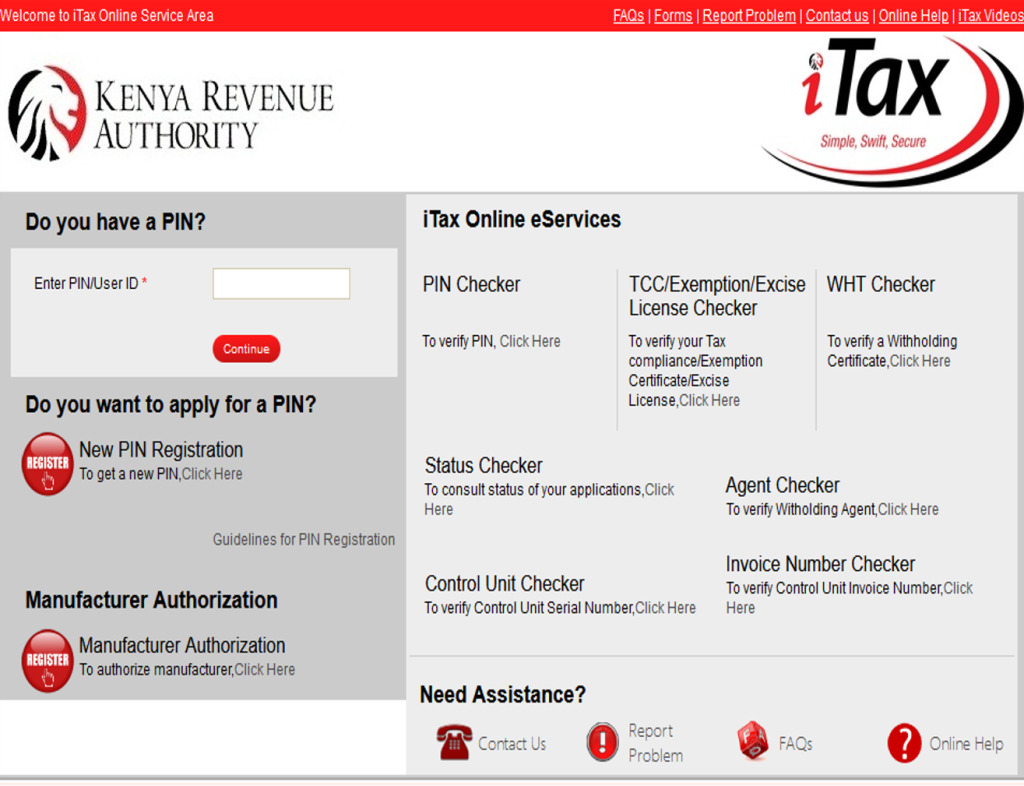By Amoto Ndiewo
School feeding programmes have been integrated into the National Educational Management System(NEMIS), a cutting edge technology that has made a big difference in the lives of not only learners, but also the staff in schools.
Yathrib Primary School in Garissa county is among the schools in the region that have ditched the manual register for a digital register file.
The school’s Head teacher Hassan Ibrahim is confident the new system eases work for his busy staff.
“I can update my records from any location and I also have a good visualization of food allocation and the movement of stocks in the store of my school,” said Ibrahim.
Educators like Ibrahim have a mobile phone application whose development is supported by World Food Programme (WFP) with the support of the United States Department of Agriculture.
In a step forward, the WFP has remained in lockstep with every transition in Kenyan school feeding programme which the government took over in 2018.
Ibrahim confirms the mobile app is a major game changer, for entire tracing system.
Educators in far flung areas like Garissa, where internet connections are often patchy, can easily update data such as enrolment, daily attendance, allocation of books even when they are offline. Once in a while, they can connect to the internet for data to be backed up.
Ibrahim states that the online tool is empowering teachers since they now know the supplies and exact quantities to expect from transporters.
“In case there are discrepancies, we can reject the consignment and raise complaint unlike with the manual records where it was nearly impossible to be aware of such discrepancies,” he said.
Njeru Charles, WFP’s Meals Manager in Kenya revealed that WFP works with the software developers from the Ministry of Education to capture and digitalize the school meals records throughout the entire supply chain.
“This means only authorised persons can access and scrutinize the data anytime,” he added.
He said that the government is now rolling out the initiative countrywide and WFP is supporting the teacher training on how to track schools data.
Nereah Olick, the Director of Primary Education, said that digitalizing the school feeding programmes records has improved accountability in overall management of the programme.
She stated that school meals in the country are typically hearty.
“Hot lunch consisting of maize, beans, or rice along with leafy vegetables is critical in helping and keeping the students healthy so that they can attend school,” said Olick.
Olick further stated that the feeding programmes are important since the country is facing a serious drought crisis with at least 4.35 million Kenyans facing acute food shortage and insecurity.
For many affected students in the drought stricken areas, the school feeding meals are sometimes the only food they are able to access the whole day.





